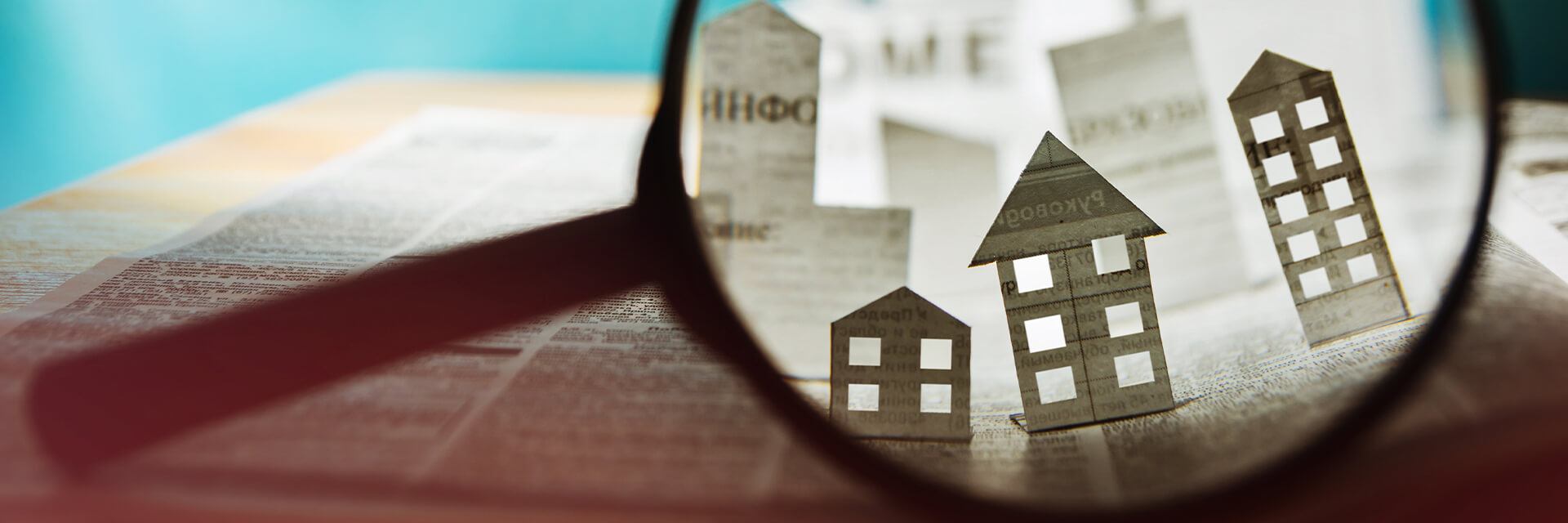
Found Money: Maximizing CAM Revenue
- Published
- Aug 3, 2020
- Share
Commercial leases often involve intense negotiations and contain complex terminology that can leave landlords wondering: “Am I maximizing the revenue my business is legally entitled to?”
Landlords that operate commercial real estate are able to carve out certain expenses incurred by the property and charge back a portion to the tenants on top of base rent. These expenses are referred to as operating escalations or common area maintenance (“CAM”) and are defined in the leases of retail, office, and industrial tenants. CAM charges include certain expenses for shared spaces, such as the lobby, elevators, courtyards and parking lots. These expenses can include costs for repairs and maintenance, cleaning, utilities, insurance premiums, payroll costs for building employees and management fees. A tenant’s share of CAM charges is computed by a percentage, normally explicitly defined in the lease, multiplied by the calculated CAM expense for the period, which is the difference between current year CAM expense and the base year.
Reconciliations are prepared to summarize all CAM related costs and allocate CAM to the tenants, per the terms of each lease. Typically these reconciliations are prepared by the property manager, who may or may not be well versed in the often complex details of the lease terms as applicable to CAM calculations. In addition, the property manager may not be focused on ensuring that all expenses have been included in the calculation to maximize chargebacks. As a result landlords risk undercharging the tenants for CAM expenses they are entitled to per the lease.
IT’S ALL IN THE DETAILS
As a landlord, it is likely that your building will be comprised of a mix of long term tenants, with leases that may have been executed prior to your involvement, and new tenants. While there are standard clauses that may be present in all leases, it is common for there to be variations from lease to lease as a result of negotiations. The following are some key areas to consider.
BASE YEAR
The determination of the base year is defined in the lease and can vary from a calendar year to a blend of the first two years of the lease. It is important for the base year CAM to be calculated correctly as this impacts the CAM calculation for future years. During a lease renewal it is possible that the base year can be reset.
EXPENSE POOLS
CAM reconciliations can be very labor intensive, particularly for buildings with several tenants. Reviewing lease terms for similarities can streamline the calculation. Setting up tranches to group expenses that apply to several tenants can make the process less overwhelming. It is beneficial to have someone that is familiar with the lease terms and accounting principles take the time to initially set up the reconciliation (or adjust it, as leases change over) to decrease any room for interpretation by property managers or other professionals that are not as well versed on CAM-related accounting issues.
GROSS UP CLAUSES
A common CAM related clause allows for certain variable expenses that are driven by occupancy to be grossed up to a predefined percentage in the event the building is not fully occupied. For example, a lease may state that utilities can be grossed up to reflect a 95% occupancy level. This grossed up amount would be included in the total CAM related charges.
CAPITALIZED COSTS
Certain expenses may be capitalized under accounting principles generally accepted in the United States of America (“U.S. GAAP”), however they may still qualify as items that are considered shared costs. Therefore, a review of fixed-asset additions should be completed to determine what is able to be included under the lease terms and charged back to the tenants over the life of the asset.
MANAGEMENT FEES
Leases vary with regard to the management fee that can be charged to the tenant. The fee can be defined as a maximum or percentage and it is possible that the landlord could legally be allowed to chargeback a higher fee above and beyond the actual management fee.
DON’T LEAVE $$ ON THE TABLE
Engaging a professional to review all of your tenant leases will ensure that the CAM clauses are properly interpreted and will provide assurance that the CAM reconciliations are being accurately calculated. This will provide peace of mind that your property is maximizing revenue.
What's on Your Mind?
Start a conversation with Michael
Receive the latest business insights, analysis, and perspectives from EisnerAmper professionals.












